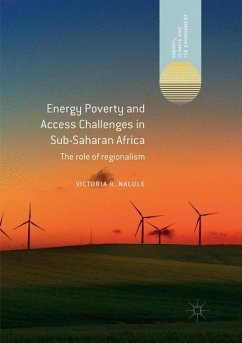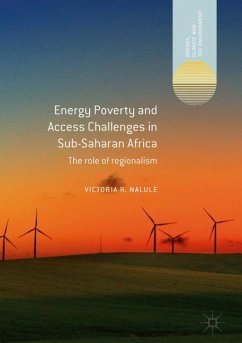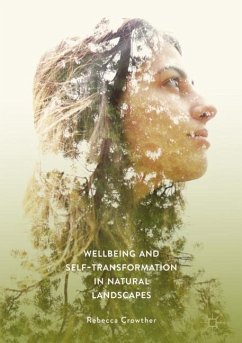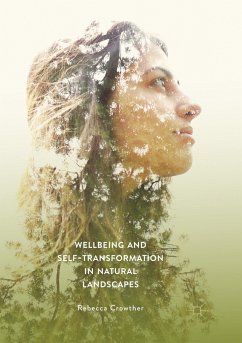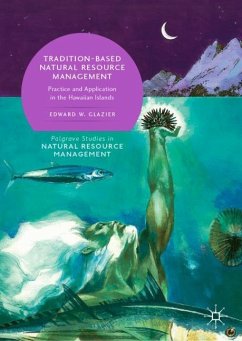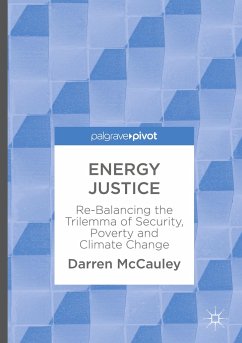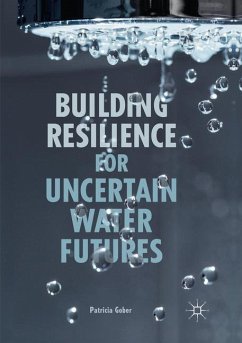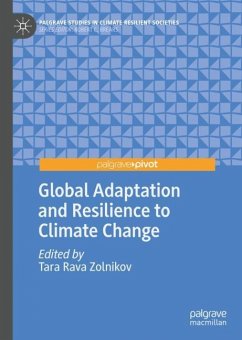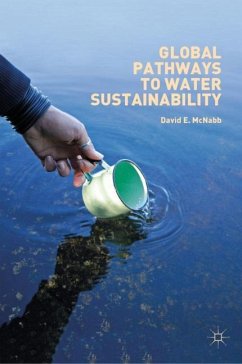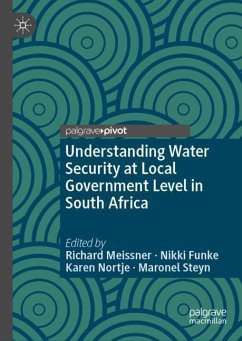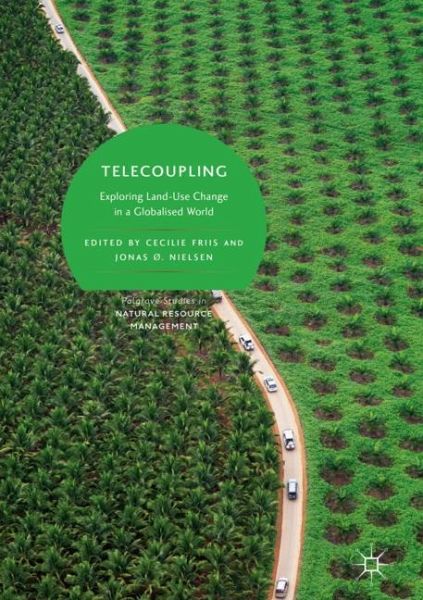
Telecoupling
Exploring Land-Use Change in a Globalised World
Herausgegeben: Friis, Cecilie; Nielsen, Jonas Ø.

PAYBACK Punkte
53 °P sammeln!
This book presents a comprehensive exploration of the emerging concept and framework of telecoupling and how it can help create a better understanding of land-use change in a globalised world. Land-use change is increasingly characterised by a spatial disconnect between its main environmental, socioeconomic and political drivers and the main impacts and outcomes of those changes. The authors examine how this separation of the production and consumption of land-based resources is driven by population growth, urbanisation, climate change, and biodiversity and carbon conservation efforts. Identif...
This book presents a comprehensive exploration of the emerging concept and framework of telecoupling and how it can help create a better understanding of land-use change in a globalised world. Land-use change is increasingly characterised by a spatial disconnect between its main environmental, socioeconomic and political drivers and the main impacts and outcomes of those changes. The authors examine how this separation of the production and consumption of land-based resources is driven by population growth, urbanisation, climate change, and biodiversity and carbon conservation efforts. Identifying and fostering more sustainable, just and equitable modes of land use and intervening in unsustainable ones thus constitute substantial, almost overwhelming challenges for science and policy. This book brings together leading scholars on land-use change and sustainability to systematically discuss the relevance of telecoupling research in addressing these challenges. The book presents anoverview of the telecoupling approach, reflects on a number of the most pressing issues surrounding land-use change today and discusses the agenda for advancing understanding on sustainable land-use change through interdisciplinary and transdisciplinary research.





